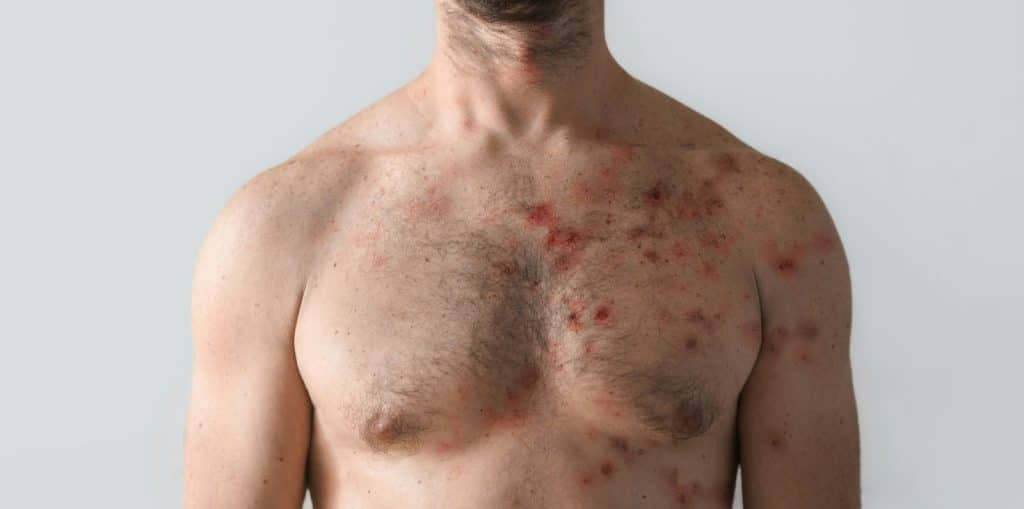
Skin issues aren’t always just surface-level. For many men, changes in skin appearance or texture can be early signs of something deeper going on, nutrient deficiencies, hormonal imbalances, even metabolic or autoimmune disorders. But because skincare isn’t always a top priority, these signals often get ignored. Paying attention to these small changes could help spot a larger health concern early. Here’s what to look for, and what those signs might mean.
Sudden Adult Acne Breakouts
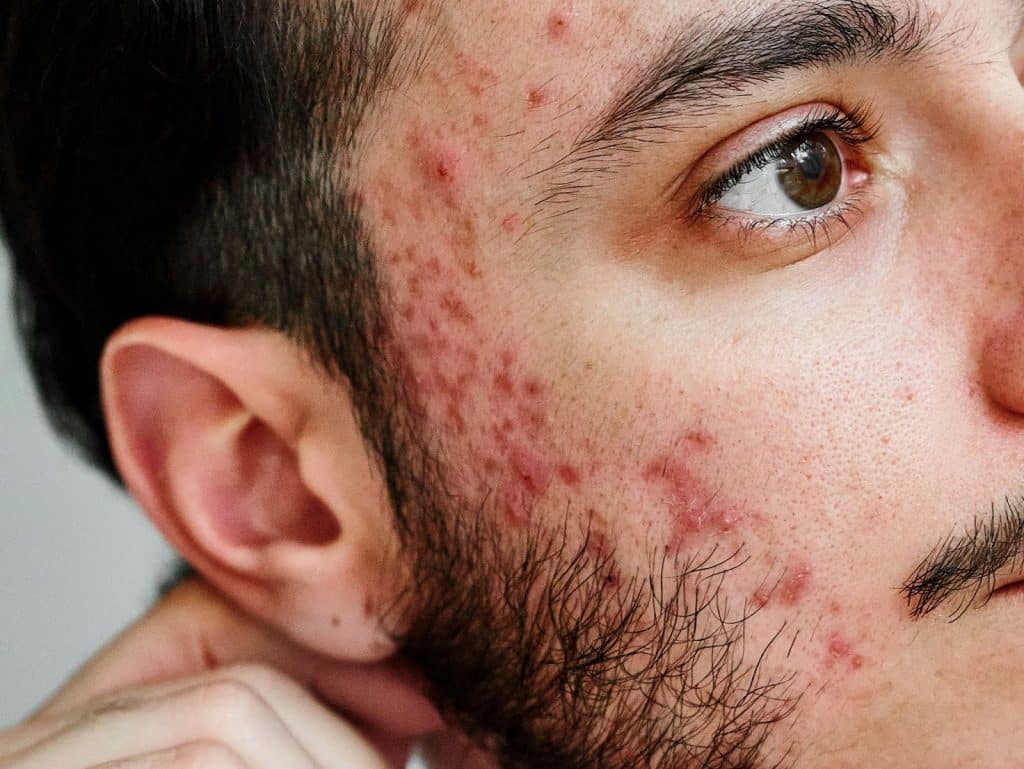
Breakouts aren’t just for teenagers. If acne suddenly appears in adulthood, especially on the back, chest, or jawline, it may be a sign of hormonal shifts or stress-related cortisol spikes. It could also be linked to poor gut health or insulin resistance. Occasional pimples are normal, but persistent breakouts are worth tracking. They may point to an imbalance your body’s trying to regulate internally.
Unusual Skin Discoloration

Patches of dark or lightened skin that appear out of nowhere may suggest more than sun exposure. Hyperpigmentation can sometimes be tied to adrenal fatigue or insulin resistance. Light spots could signal fungal infections or vitamin B12 deficiency. If the change isn’t explained by scars or sunburn, it might be a sign your system is off-balance.
Persistent Dry, Flaky Skin
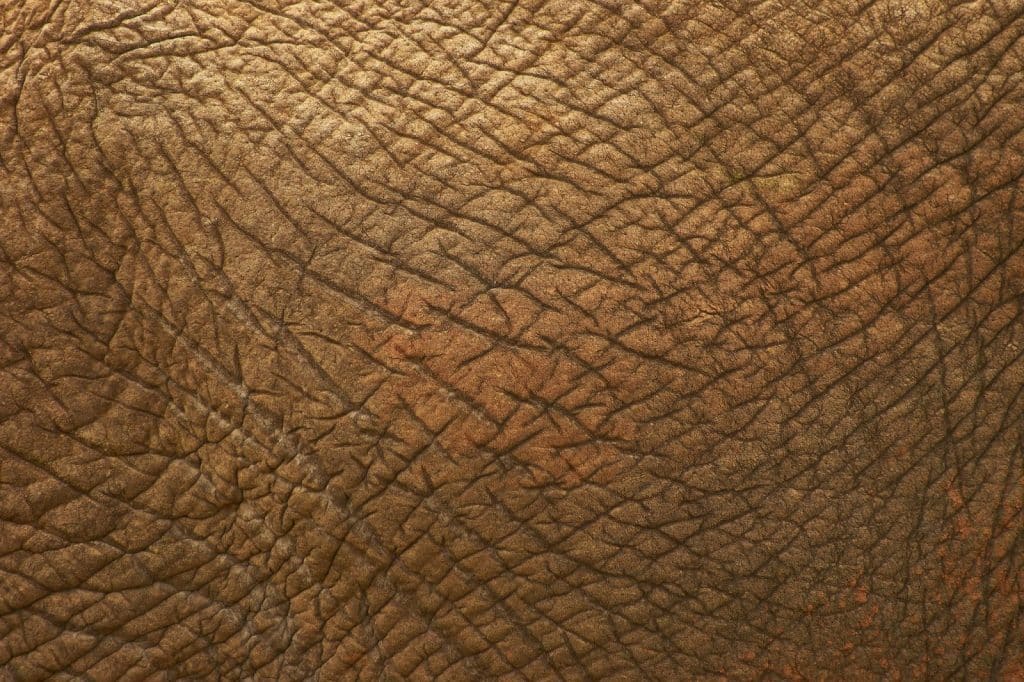
Dry skin is common, but when it becomes chronic, there may be something else at play. Conditions like hypothyroidism, psoriasis, or dehydration can cause the skin to flake or crack no matter how much lotion is applied. If your skin still feels dry after regular hydration and care, it might reflect internal inflammation or an underactive thyroid.
Skin That’s Suddenly More Oily
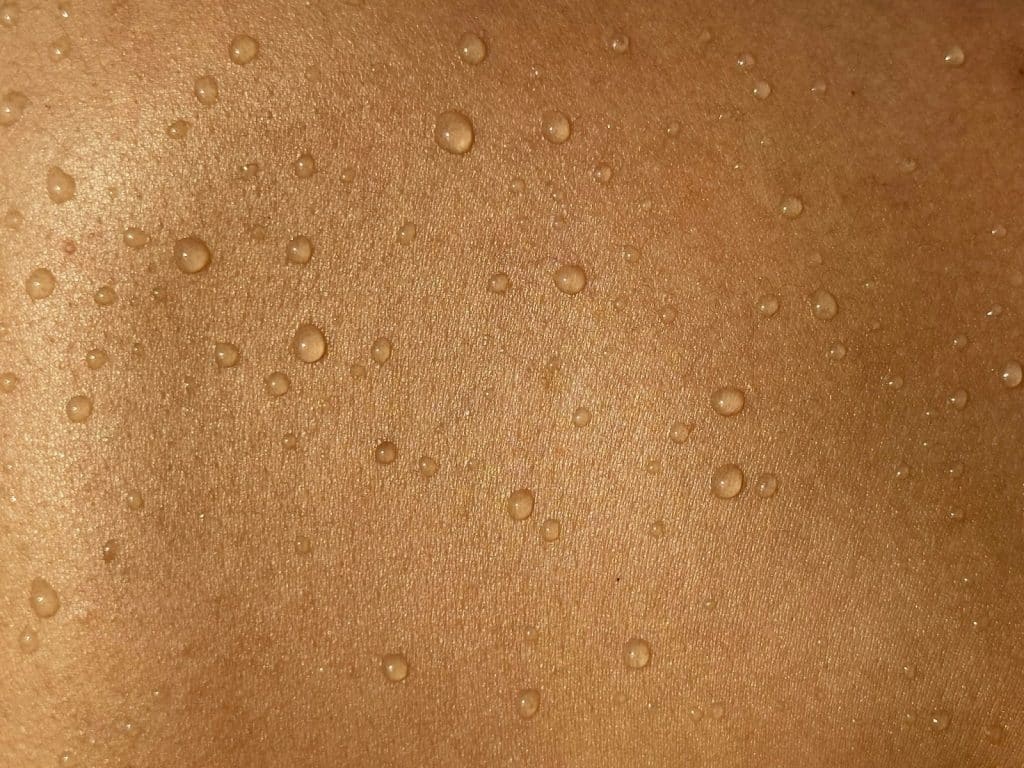
While most guys associate oily skin with being younger, a sudden increase in oiliness later in life can mean changing hormone levels. Androgens like testosterone can influence oil production. It might also be a reaction to certain medications or stress hormones. If it’s a noticeable shift, it’s worth evaluating any recent health or lifestyle changes.
Itchy Skin Without a Rash

An unexplained itch, especially on your arms, legs, or back, might not be from dryness or detergent. In some cases, it’s a sign of liver or kidney issues, where toxin buildup causes the skin to react. It can also relate to thyroid problems. When itching lingers without visible irritation, internal causes may be the culprit.
Yellowing Skin or Eyes
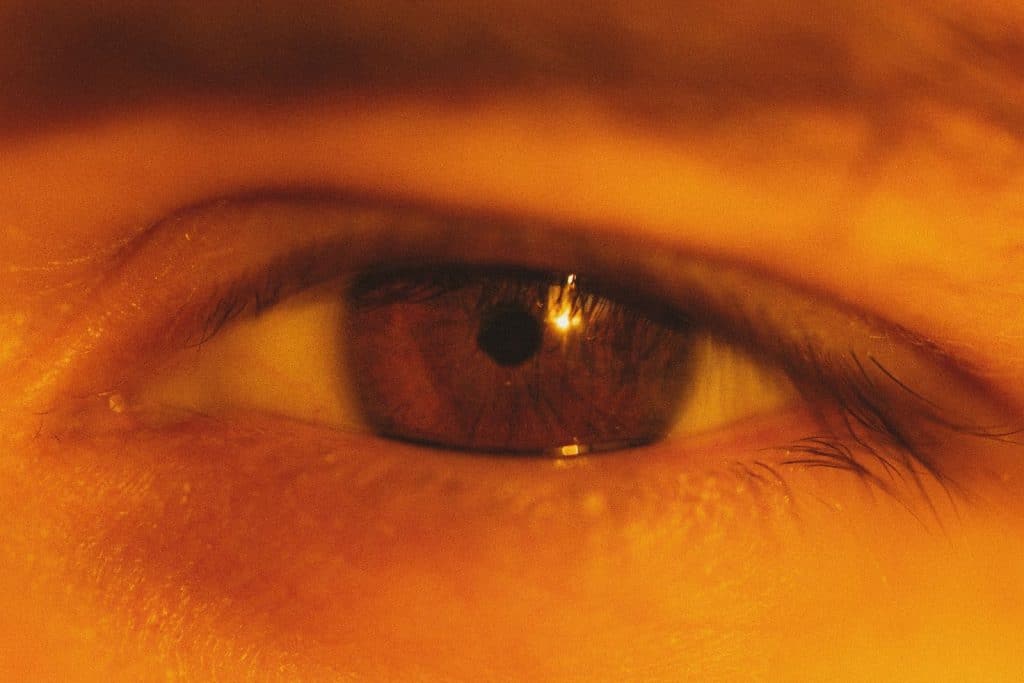
This one is hard to miss, and it should never be ignored. Yellowing of the skin or whites of the eyes is often a warning sign of liver dysfunction. It may indicate jaundice or a buildup of bilirubin. This symptom is serious and requires immediate medical attention, even if you feel fine otherwise.
Easy Bruising or Slow Healing Wounds
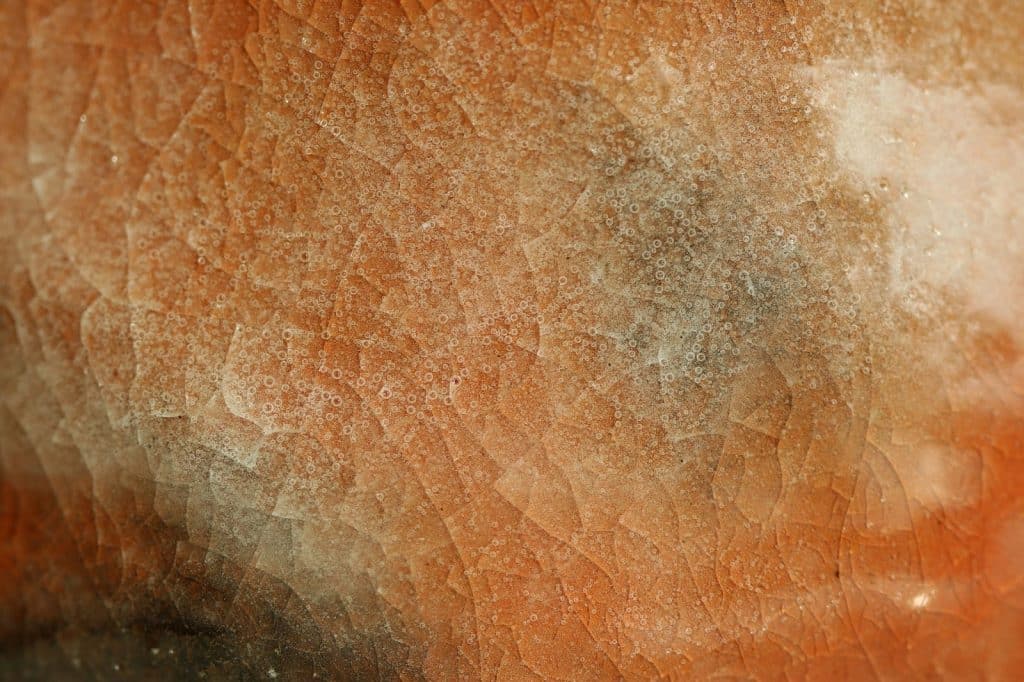
If your skin bruises with minimal contact or wounds are taking longer to heal, it could be a sign of poor circulation or vitamin deficiencies, particularly vitamin C or K. Diabetics also commonly notice delayed wound healing. These changes may appear subtle but reflect how your body is managing inflammation and repair.
Skin Tags or Dark Patches in Body Folds
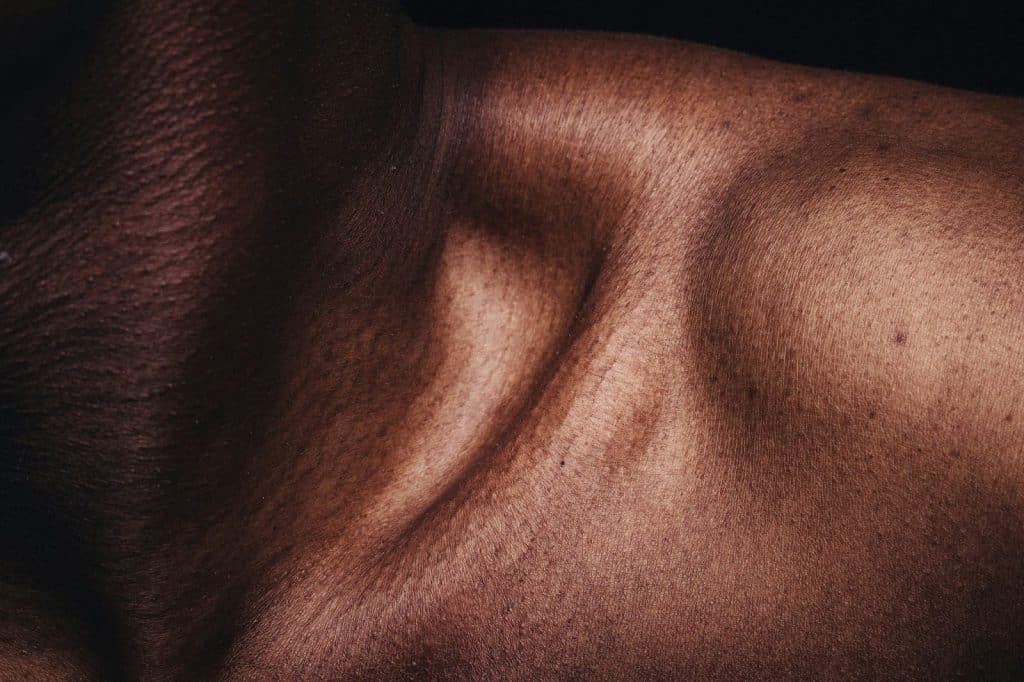
Small growths of skin, especially around the neck, armpits, or groin, can be harmless, but if they appear suddenly or multiply, they could be linked to insulin resistance or metabolic syndrome. Darkened, velvety patches in these areas (acanthosis nigricans) are another warning flag, especially if weight gain or fatigue accompanies them.
Puffy or Swollen Face

A swollen face isn’t always due to a rough night’s sleep. Chronic puffiness may signal kidney problems, allergic reactions, or corticosteroid overuse. If your facial features seem rounder or bloated over time, especially with other signs like fatigue or water retention, it’s worth looking deeper.
Skin That’s Cold and Pale
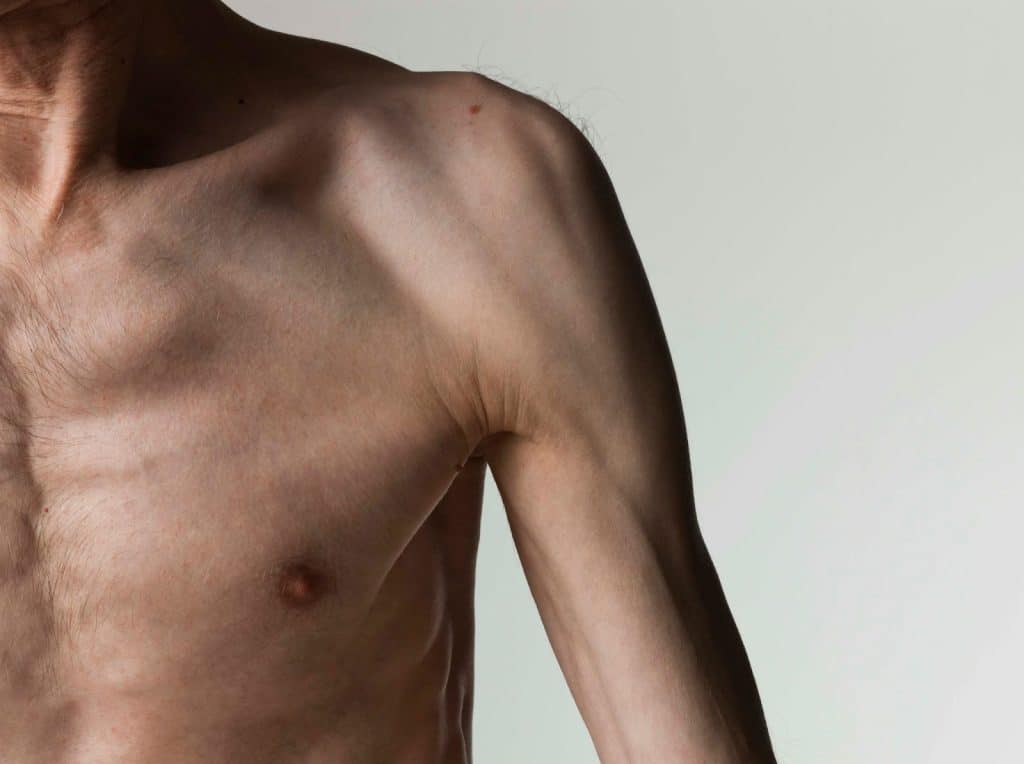
Skin that feels cold to the touch or appears unusually pale may be a sign of poor circulation or anemia. This often goes hand in hand with fatigue and weakness. If your extremities stay cold even in warm weather, your blood flow or iron levels may need attention.
Hives That Appear Without Reason

Random hives without an obvious allergen could be tied to autoimmune issues or chronic inflammation. Sometimes, stress alone can trigger these responses. If they occur often and don’t seem food- or environment-related, an internal trigger may be involved.
Thickened or Hardened Skin
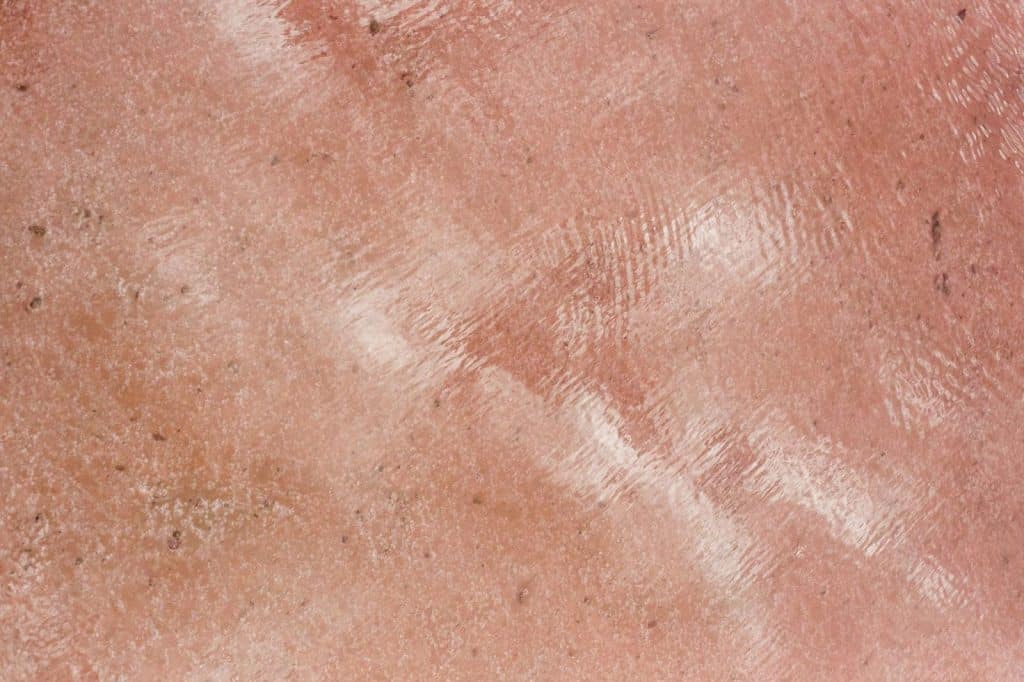
Skin that becomes thick or rubbery in texture could point to conditions like scleroderma or lichen simplex chronicus. These autoimmune-related issues often affect more than just the skin. When thickening is paired with stiffness or pain, it may reflect something deeper than just a topical issue.
Frequent Skin Infections or Folliculitis
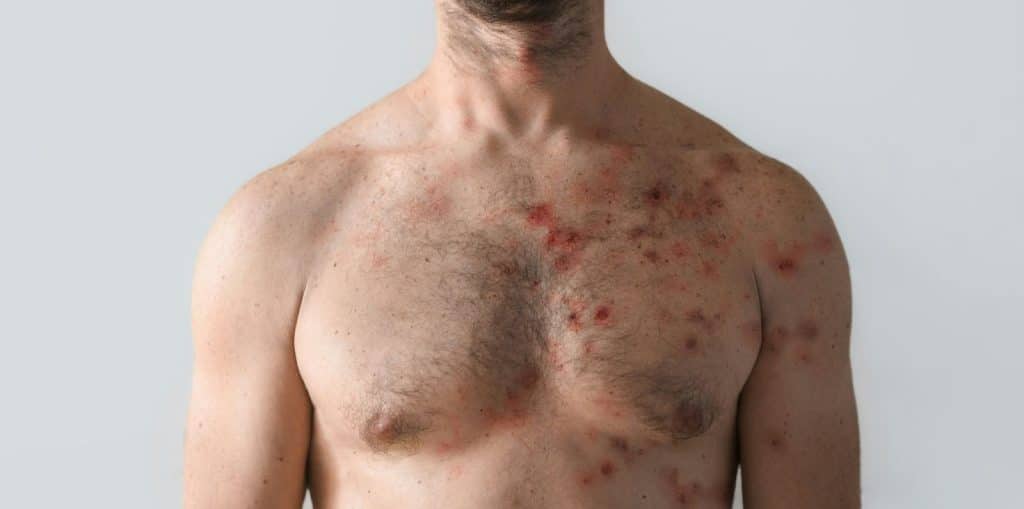
Getting frequent infections, especially around hair follicles, can point to blood sugar issues or immune dysfunction. If you notice painful, recurring bumps or boils that don’t heal quickly, it might be time to get your bloodwork checked. Your skin’s ability to fight off bacteria depends on overall system function.
Cracked Lips That Don’t Heal
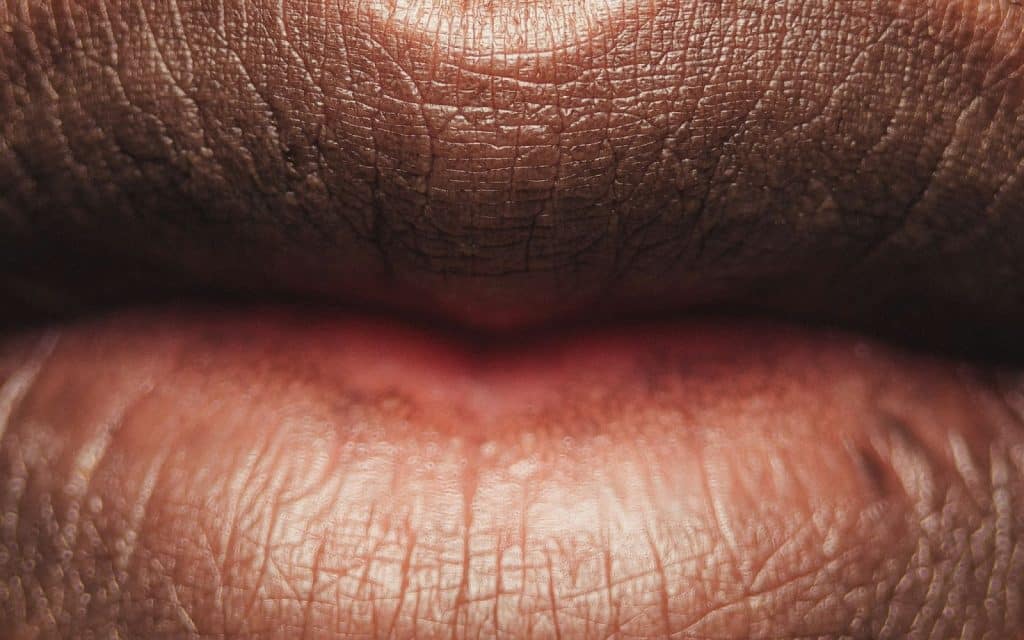
Dry lips are normal in winter, but when cracking or soreness doesn’t go away, it may be linked to B-vitamin deficiency or dehydration. Severe cases may even relate to autoimmune issues or iron deficiency. If lip balm isn’t helping, it might be an internal issue rather than a surface one.
Redness Across Nose and Cheeks
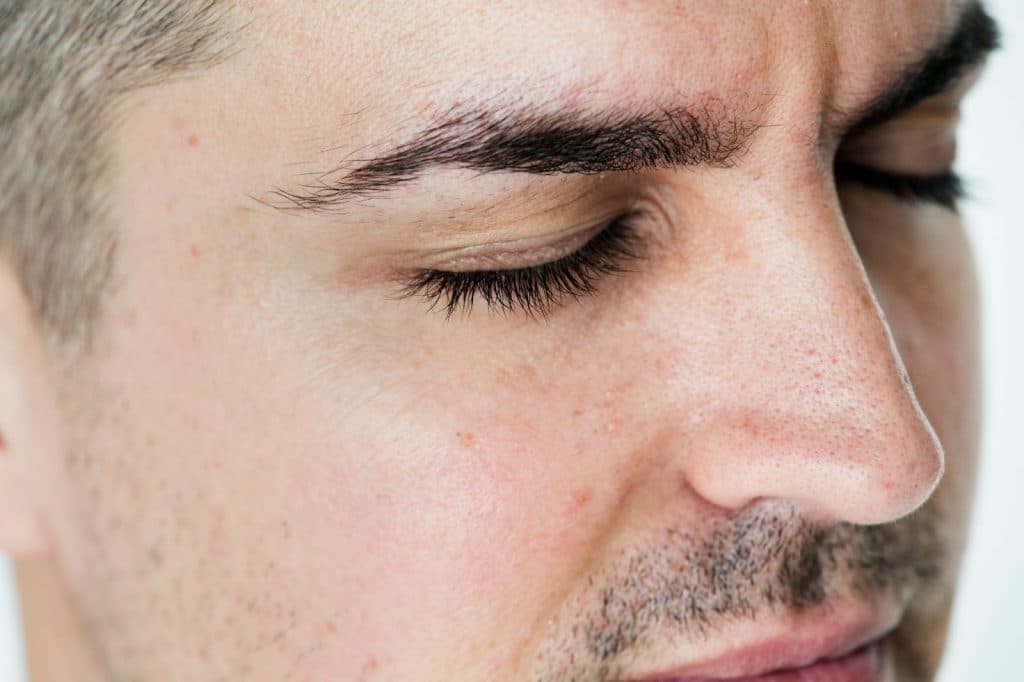
A flushed appearance in this area could signal more than embarrassment. Conditions like rosacea or lupus can show up this way, especially if redness is persistent or comes with burning or sensitivity. It may also be triggered by heat, alcohol, or stress, and could be a sign of a deeper inflammatory issue.
Unexplained Rashes or Spots
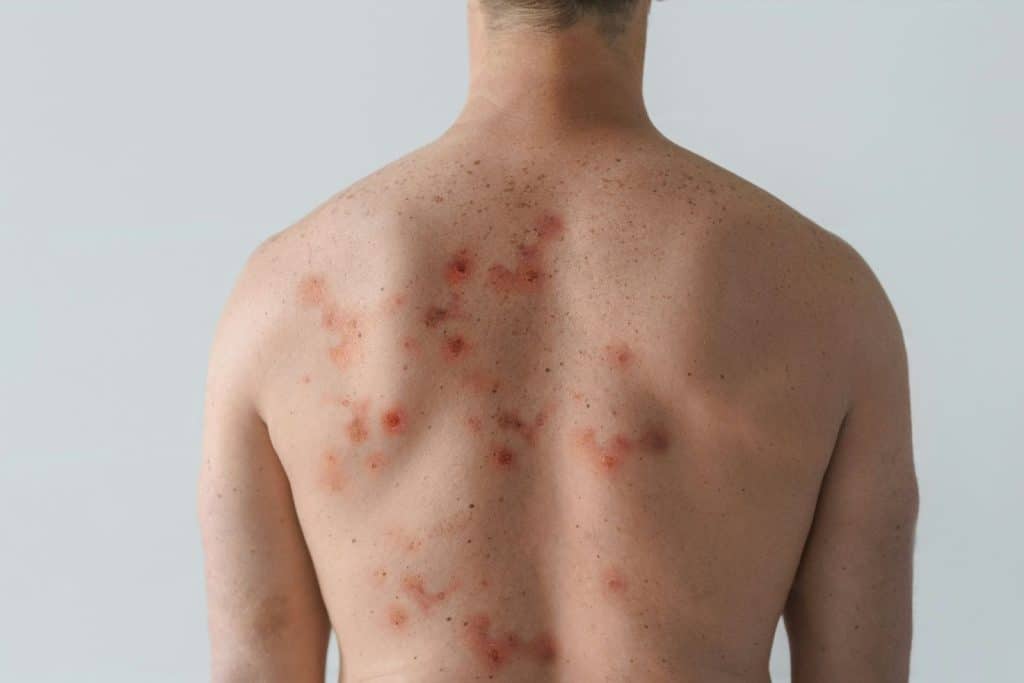
Rashes with no clear cause, especially if they spread or return, could signal everything from food intolerances to autoimmune disorders. Even conditions like celiac disease can manifest through skin. Keep an eye on recurring patterns, especially if you’ve ruled out allergens.
Dark Circles That Won’t Go Away
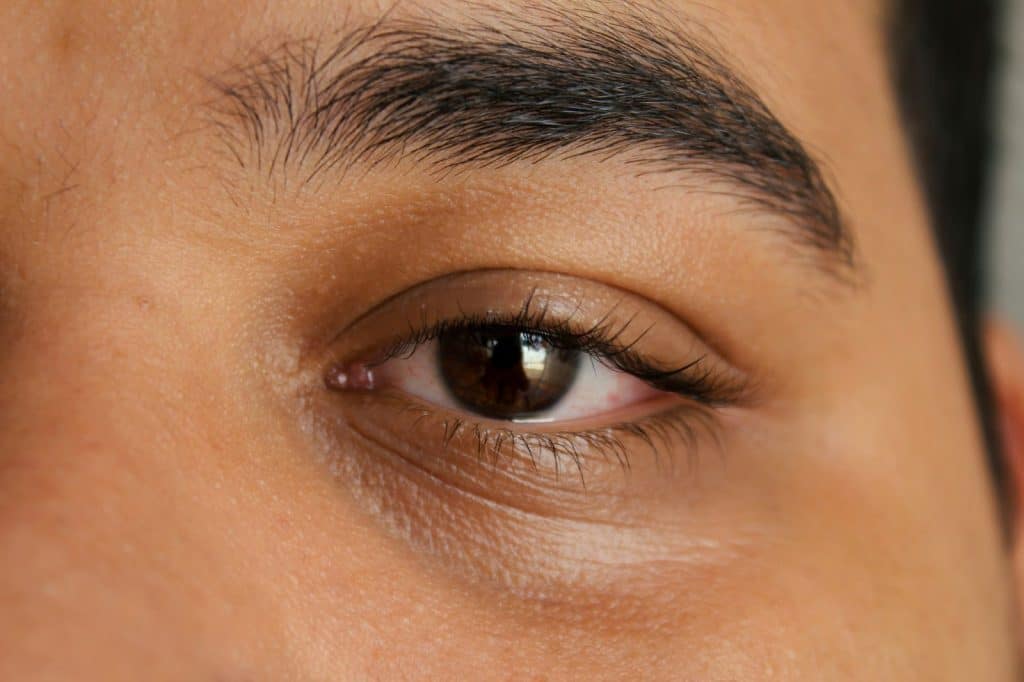
Lack of sleep isn’t always the reason. Persistent dark circles can point to iron deficiency, dehydration, or even thyroid dysfunction. If you’ve been resting well and still look exhausted, your body might be flagging something that needs attention on the inside.
Your Skin Doesn’t “Bounce Back” Anymore
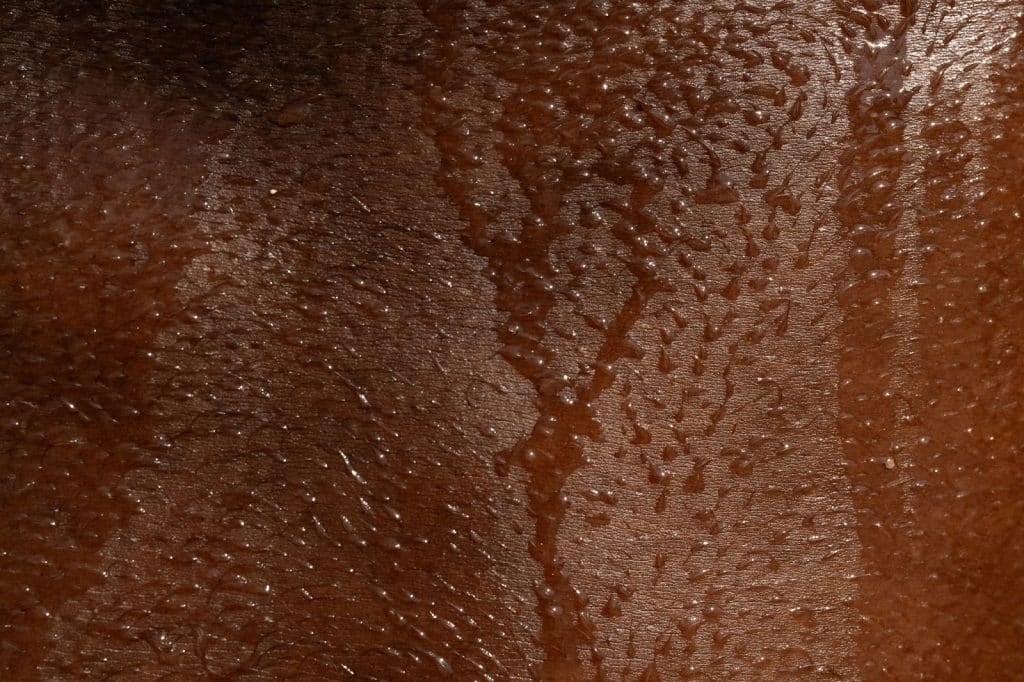
Elasticity isn’t just about aging, it’s also tied to collagen levels, hydration, and nutrient status. If your skin seems loose, dull, or slow to recover after stretching, it may be time to assess overall lifestyle health. Collagen loss can come from stress, smoking, or poor diet, and it affects more than appearance.
Skin Can Reflect What’s Going On Inside

The skin is your body’s largest organ, and it often reveals what blood tests and checkups may later confirm. Many of these symptoms overlap, but they share a core message – internal health is showing up externally. Not every mark or bump is serious, but when symptoms linger or change suddenly, they’re worth looking into. Listening to your skin might be the best early checkup you didn’t schedule.






Ask Me Anything